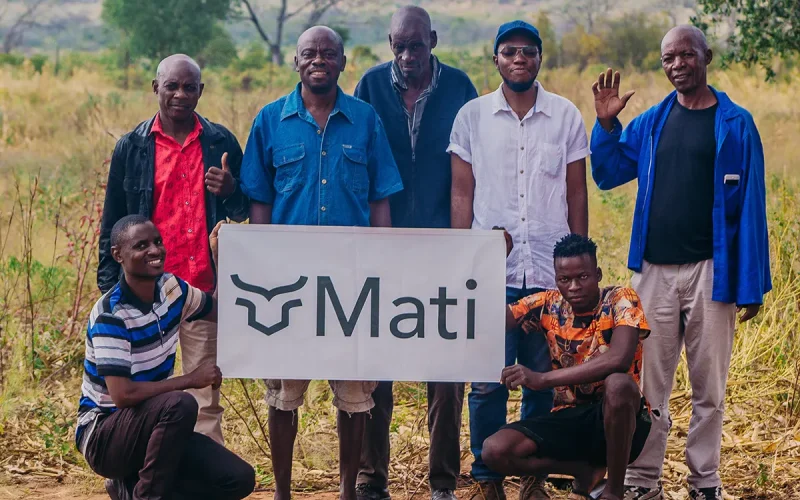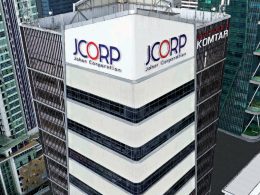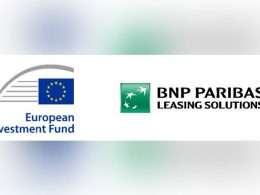Mati Carbon, a carbon removal venture focused on empowering smallholder farmers in developing economies, has secured a debt facility from J.P. Morgan to support its expansion. The facility, structured on commercial terms and backed by credit support from the Schmidt Family Foundation, aims to demonstrate how institutional capital can drive large-scale, high-integrity carbon dioxide removal (CDR) solutions.
The announcement comes shortly after Mati Carbon was awarded the $50 million grand prize in the XPRIZE Carbon Removal competition, positioning the organisation as a frontrunner in durable climate technologies that offer both mitigation and adaptation benefits.
Mati employs Enhanced Rock Weathering (ERW), a process that accelerates the natural weathering of pulverised volcanic rock when applied to farmland. This method not only sequesters atmospheric CO₂ but also improves soil health and agricultural productivity. Farmers working with Mati have reported average yield increases of 20%, along with reduced reliance on chemical pesticides.
The newly secured blended finance facility will allow Mati to expand ERW operations across India and Sub-Saharan Africa, invest in high-tech regional laboratories, and forge strategic partnerships aimed at globalising the adoption of the technique.
“This is a transformative development for climate technology and adaptation financing,” said Shantanu Agarwal, Founder and CEO of Mati Carbon. “With support from J.P. Morgan, we can significantly scale our impact and show that high-integrity carbon removal is both economically and socially viable.”
To uphold the scientific credibility of its CDR credits, Mati has developed a rigorous Monitoring, Reporting and Verification (MRV) system in collaboration with IIT Kanpur and Yale University. This framework measures soil properties and carbon sequestration to ensure transparency and trust in its operations.
J.P. Morgan’s Head of Climate Tech, Kelly Belcher, noted: “We are pleased to support Mati Carbon’s growth as they scale Enhanced Rock Weathering. Their work contributes to global decarbonisation while advancing sustainable livelihoods.”
Patrick McGrath of the Schmidt Family Foundation added: “Mati’s approach has the potential to scale into a major climate solution. This collaboration showcases how innovation in both finance and technology can deliver climate impact alongside economic opportunity for farmers in the Global South.”
By the end of 2025, Mati Carbon expects to be working with 30,000 smallholder farmers across India, Tanzania and Zambia. Current purchasers of its CDR credits include global firms such as Shopify and H&M.


















